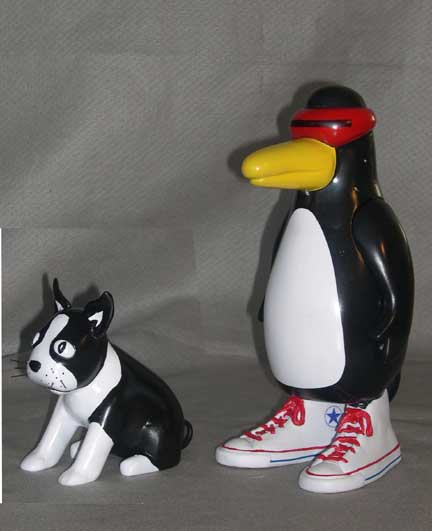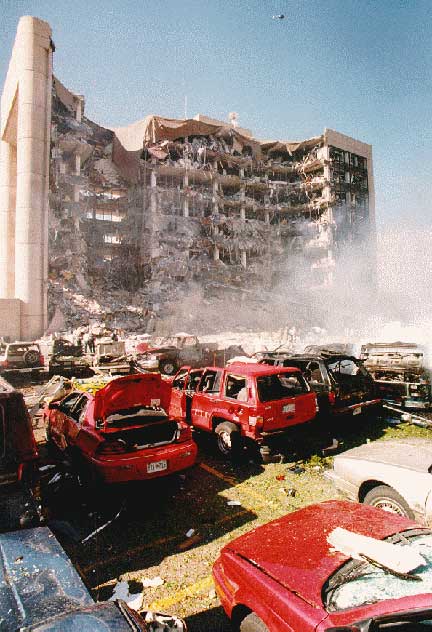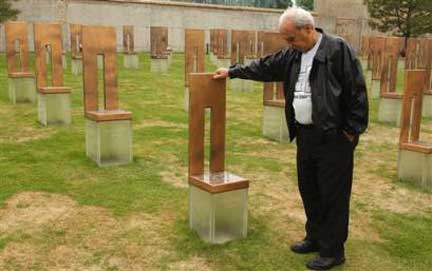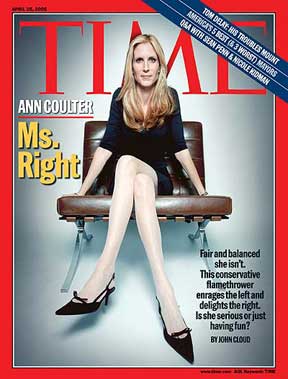A German citizen detained for five months in an Afghan prison was released in May 2004 on direct orders from Condoleezza Rice, then the national security adviser, after she learned the man had been mistakenly identified as a terror suspect, government officials said Friday.
The officials, who confirmed an account of Ms. Rice’s decision that was first reported by NBC News, said that when Khaled el-Masri was taken from a bus on the Serbian-Macedonian border on Dec. 31, 2003, the Macedonian and the American authorities believed he was a member of Al Qaeda who had trained at one of Osama bin Laden’s camps in Afghanistan.
But within several months they concluded he was the victim of mistaken identity, the officials said. His name was similar to a Qaeda suspect on an international watch list of possible terrorist operatives, they said.
By then, Mr. Masri, 41, a car salesman who lives in Ulm, Germany, had been flown on a C.I.A.-chartered plane to the prison under a secret American program of transferring terror suspects from country to country for interrogation, officials said. At the prison in Kabul, Mr. Masri said, he was shackled, beaten, photographed nude and injected with drugs by interrogators who pressed him to reveal ties to Al Qaeda.
For reasons that are unclear, he remained for months at a prison known locally as the “Salt Pit.” The case reached Ms. Rice in May 2004, officials said, and twice, over several weeks, she ordered him immediately freed. He was released in Albania on May 29, 2004.
The American officials acknowledged Friday that the detention had been a serious mistake and that he had been held too long after American officials realized their error.
From a Des Moines reader…
Post updated: looks like Cityview will run the cartoon after all.
Bump

I may be mostly offline for a day or two; didn’t want to leave the charming Ms. Coulter at the top of the page…
Oklahoma City

Ten years ago today, at 9:02 a.m. midwestern time, terrorist Timothy McVeigh murdered 168 people in the Alfred P. Murrah Federal Building. Among the victims were 19 children attending day care in the building.

“My only regret with Timothy McVeigh is he did not go to the New York Times Building.”
— Ann Coulter as quoted in the New York Observer, Aug. 20, 2002
“RE: McVeigh quote. Of course I regret it. I should have added, ‘after everyone had left the building except the editors and reporters.'”
— Ann Coulter, from an interview with Right Wing News

On TV or in person, you can trust that Coulter will speak from her heart.
— Time Magazine cover story, week of April 19. 2005 (subscription required)
* * *
Write the editors of Time and let them know what you think of their decision to feature Ann Coulter on their cover on the tenth anniversary of the Oklahoma City bombing.
Smartest Guys in the Room
I’m supposed to be working on a cartoon today, not procrastinating with the blog — but I’m travelling later in the week and I wanted to remember to get a post up about the new Enron movie, which I was able to watch last week because they were kind enough to send an advance screener. I think this review from Sundance about nails it:
Watching Enron: The Smartest Guys in the Room is a little like watching the outcome of a Super Bowl on ESPN Classic. Although you already know the final score, you’re still captivated by the drama of the game, entertained by the characters, and fascinated by the behind-the-scenes revelations. And Enron is indeed an engrossingly dramatic tale, especially as depicted in all of its exquisite detail by director/screenwriter Alex Gibney. The story of Enron is not simply a cautionary tale about greed and corruption. Nor is it a story that we are unlikely to witness again, for the rise and fall of Enron is as American as apple pie.
With this film, based on the book of the same title, Gibney has fashioned a history lesson that takes us “inside” the headquarters of the seventh-largest corporation in the United States and illustrates through a series of rapidly paced interviews, corporate footage, and news reports, the “new economy” of the 1990s: a climate where companies sold ideas rather than widgets, and a corporate culture where ethics became as old fashioned and out of date as value investing. Densely packed, with a world of information for the sophisticate and neophyte alike, Enron is riveting, muckraking filmmaking that should make any culture critic of the 1990s proud.
